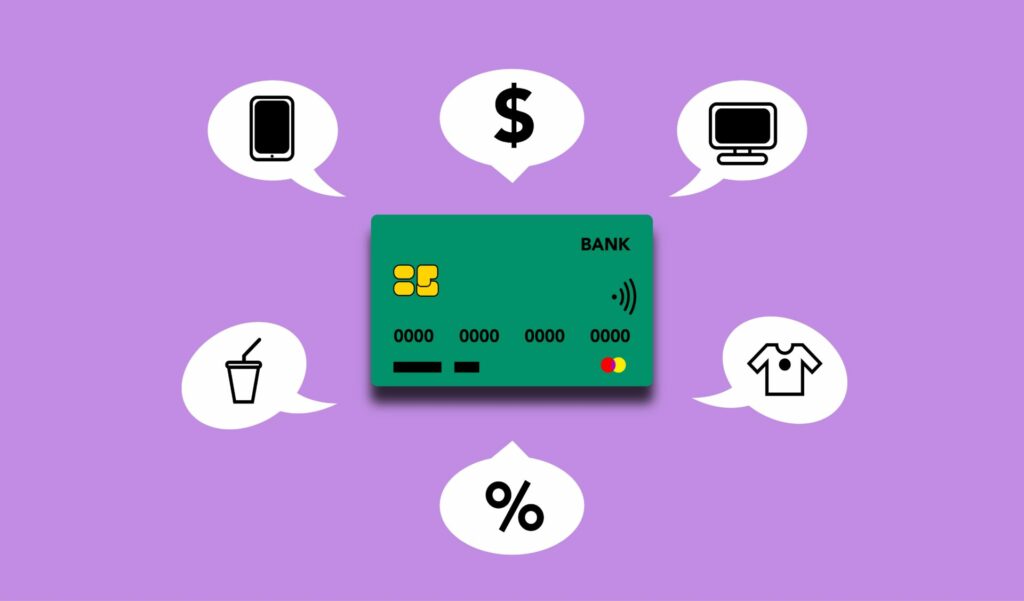
When buying a home for the first time, there are a lot of obstacles faced by potential borrowers and one of them is proving that they are creditworthy. This is one of the methods how lenders and credit agencies determine the interest rate that will be paid by the borrower or whether they qualify for a mortgage at all. In this article, we will discuss the four Cs of your credit rating which affect your credit score.
Because mortgage rules continue to change, credit ratings have become more important since a higher credit rating will allow you to obtain a mortgage with a lower interest rate and potentially save you thousands of dollars over the life of your mortgage. If you have never thought about your credit rating before, the important aspect to keep in mind is that you must have a credit rating of at least 650, in order to qualify for a home.
The four Cs of your credit report are Character, Capacity, Capital and Collateral. Each of these Cs are discussed as follows:
Character
The character component of your credit rating basically refers to you and your personal or spending habits, and this comes down to your nature pertinent to paying all bills on time. The components that make up this portion of your credit score include:
- You habit of paying bills on time
- Whether you have any delinquent accounts
- How you are using your available credit. (It is advisable to not use all of your available credit and it is better to increase your credit limit versus utilizing 70% of what is available)
- Your total outstanding debt
Capacity
Capacity is the second component of your credit score which depicts your ability to pay back the loan on time. This component also factors your flow of cash against your outstanding debt along with your history of employment as well.
- How long have you been employed with your current employer?
- If you are self-employed, for how long?
It is imperative for you comprehend that Capacity in mortgage context refers to your ability to pay back and NOT what you think you can afford. The amount you can afford depends on your debt service ratio. This is ratio is utilized by lenders to gain information by dividing your monthly debt payments by gross monthly income and deciding whether you can pay back the loan on time or not.

Capital
Capital is referred to as the down payment that you must pay towards the loaned amount. For conventional mortgages, a minimum down payment of 20% is required by the lender, however, providing with a larger down payment will provide you with better interest rates and, in some cases, a better mortgage term. On the other hand, if you are unable to pay the minimum 20% of down payment for your payment, then you would have to insure the mortgage, which will include additional costs.
When considering this component, it is recommended you look at how much you have saved and where will your down payment funds be coming from. For example, will you pay the down payment from your savings account or RRSPs or will the sum of money come as a gift from a family member?
Collateral
Collateral is a type of security of repayment against the loan that you have applied for. In the case of vehicle loans, the collateral is the vehicle itself because the vehicle can be repossessed and can be sold in case you default on the payment. However, in the case of mortgages, lenders consider the value of the property that you are purchasing along with other assets as well. It is essential that lenders perceive a positive net worth as having a negative net worth may result in the mortgage application being rejected. In general, loans with collateral are more secure and will result in lower interest rates and better terms.


